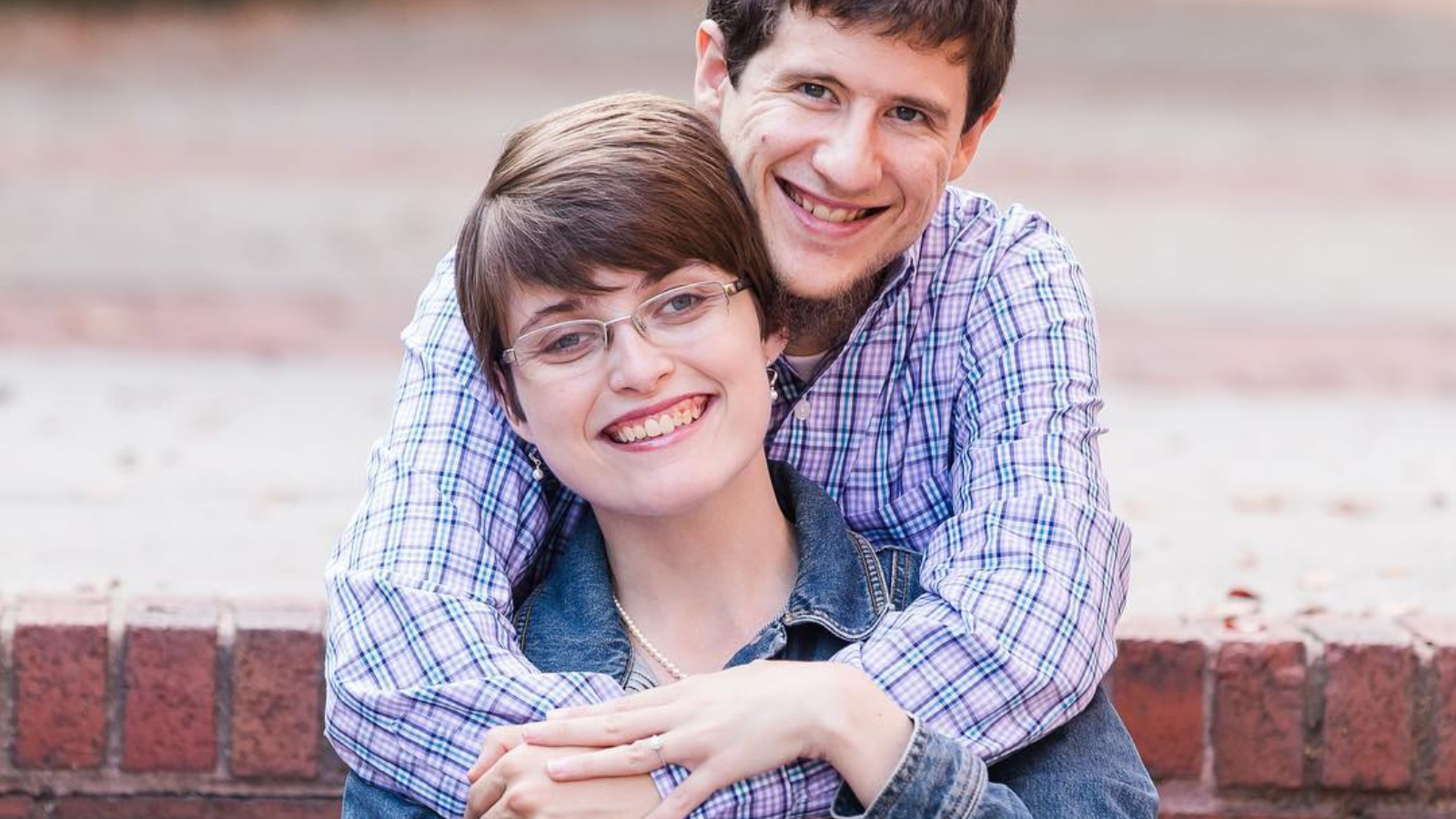Life as a Parent with a Disability, Whether There is One Child or Three!
I’m Erin, a mother of two young children, ages one and three, and living in central Georgia. Our three-year-old is an inquisitive little boy who asks a million questions a day, and our one-year-old is an independent “old soul” who enjoys exploring her own capabilities.
Thus, I’m a busy mom in two very different ways. When I’m not in “mom mode”, I enjoy reading, podcasts, and Sudoku puzzles. Though I have bounced around career-wise, serving people with disabilities has been a central theme throughout my working life. I am also affected by cerebral palsy (CP), and I’ve noticed that my disability has influenced my experiences during pregnancy and motherhood, especially due to the noticeable absence of representation for parents with disabilities in Georgia and across the nation. Luckily, I am a Georgia native and have many avenues for support in caring for my children and for myself, but none of those avenues are filled with other parents affected by disability. Most often, this leads to my searching social media and the internet for parallel experiences to my own. Furthermore, I am a mother who is in a crucial stage in child rearing, and with this stage comes a bit of loneliness, monotony, and limited windows of time that parents have to devote to themselves, or self-care, as some call it. I contrast this need with the needs of parents without disabilities, and it is commonplace to find a nondisabled parent with whom to commiserate. The importance of finding support from and within groups of people with homogenous experiences is vital for most disabled parents in that parenting is a common experience shared by all parents. However, parenting that is influenced by disability is a unique, ever-changing process that I find myself marveling at each and every day, even though it is my reality.
While I was pregnant, I often worried, almost incessantly, about whether or not my children would be born with some sort of developmental delay or concern. Upon reflecting, it was because I had no concept of child-rearing in the case of normal development. Even though I was born a fraternal twin and am a sister to a person without a disability, the only stories that I had been told about my infancy were centered upon doctor appointments, medical interventions, and the like. I found myself watching for any signs of difficulty while sleeping, achieving major developmental milestones like sitting, walking, grasping, clapping, and so on. Similarly, when I was the mother questioning these things and showing up with my children to their pediatrician appointments, my fear was that I would be judged on my ability to mother and raise my children. Thankfully, both of my children have reached their milestones at appropriate times thus far, and the medical professionals who care for them are more than accepting of my opinions and maternal instincts.
Day-to-day life as a disabled parent does not look much different for me than I would assume it does for non-disabled parents. The thought processes, the planning, and the organization that it takes to execute tasks of motherhood; making sure that I attend all the functions in which young children participate, takes extra effort given the fact that I am unable to drive. I will always remain grateful for a supportive spouse, friends, and family; still, it brings us to another routine in mental gymnastics in which I want my village to ensure that they can enjoy the experiences of their own lives without sacrificing themselves for me and my children. My husband, in particular, will go out of his way, every single day, to ensure that the logistical aspects of my disability don’t affect the way that I desire to parent and to be there for our children. For that, I am immensely grateful.
Even though disability is a complicating factor in my experience and journey through pregnancy and motherhood, I couldn’t be more grateful for my support systems. I can’t stress enough the importance of establishing and leaning on the village of people there to help in child-rearing, whether that is daycare teachers, nurses, lactation consultants, parents, grandparents, family, or the like. Parenting with a disability is a challenge, but it is one that I wouldn’t trade for the world!
Blog Writer: Erin Gill


